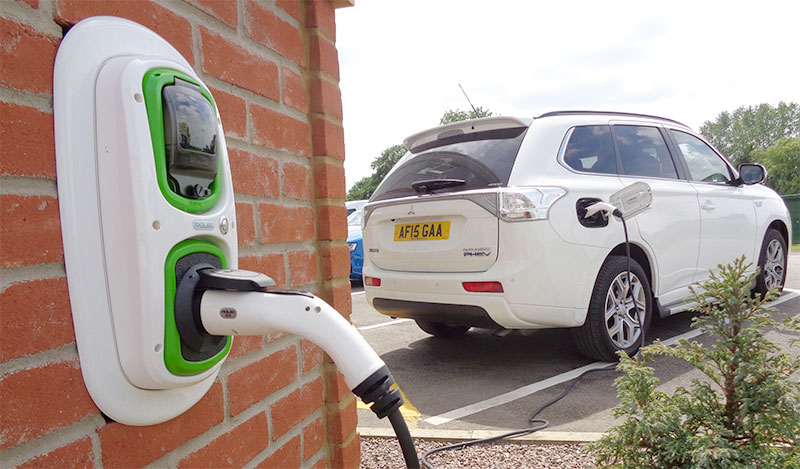Saransh Aggarwal, founder and CEO of Avanze Inventive told pv magazine: “Our R&D team has been working on different chemistries of Li-ion batteries. Apart from this, we are in discussion with Dr Kuldeep Singh, who is a Scientist at Central Electro Chemical Research Institute (CECRI) under the Council of Scientific and Industrial Research (CSIR), for his technical support.”
“The battery system in electric vehicles contains a large number of small lithium-ion cells. The lithium-ion battery packs face issues with lifetime, since the lithium-ion cells degrade with the age of battery and operation. Cell degradation is non-linear and depends on cell selection, battery configuration, vehicle design and use cases,” Aggarwal said while highlighting the problem of cell degradation in Lithium batteries.
“Avanze has been working on manufacturing the cells that are safe and capable of real-time fast charging, and have a life span of 15 years with 80% Depth of Discharge (DOD). As we know, the batteries do need to be replaced and recycled, the distribution chain of these used batteries will play a vital role in pricing of batteries,” he added.
Avanze Inventive had recently signed an MoU with Andhra Pradesh government to set up the manufacturing plant at Sri City in the state, providing direct employment to 900 people and indirect employment to 1000.
Founded in 2017, Avanze Inventive is principally engaged in rechargeable battery business and assembly services, providing one-stop services including design, manufacturing, testing and assembly.
Significantly, in a move to promote indigenous manufacturing, the government recently doubled the basic import duty on lithium ion cells—used in manufacturing of lithium ion accumulator for electric vehicles—to 10 per cent from April 2021. Battery packs used in manufacturing electric vehicles will face tripled import duty of 15 per cent as against the current 5 per cent.
The announcement comes after the Union cabinet recently approved Phased Manufacturing Program to support large-scale, export-competitive integrated batteries and cell-manufacturing giga plants in India, along with another program to localize production across the electric vehicles value chain. The two programs are intended to run until 2024.
This content is protected by copyright and may not be reused. If you want to cooperate with us and would like to reuse some of our content, please contact: editors@pv-magazine.com.









By submitting this form you agree to pv magazine using your data for the purposes of publishing your comment.
Your personal data will only be disclosed or otherwise transmitted to third parties for the purposes of spam filtering or if this is necessary for technical maintenance of the website. Any other transfer to third parties will not take place unless this is justified on the basis of applicable data protection regulations or if pv magazine is legally obliged to do so.
You may revoke this consent at any time with effect for the future, in which case your personal data will be deleted immediately. Otherwise, your data will be deleted if pv magazine has processed your request or the purpose of data storage is fulfilled.
Further information on data privacy can be found in our Data Protection Policy.